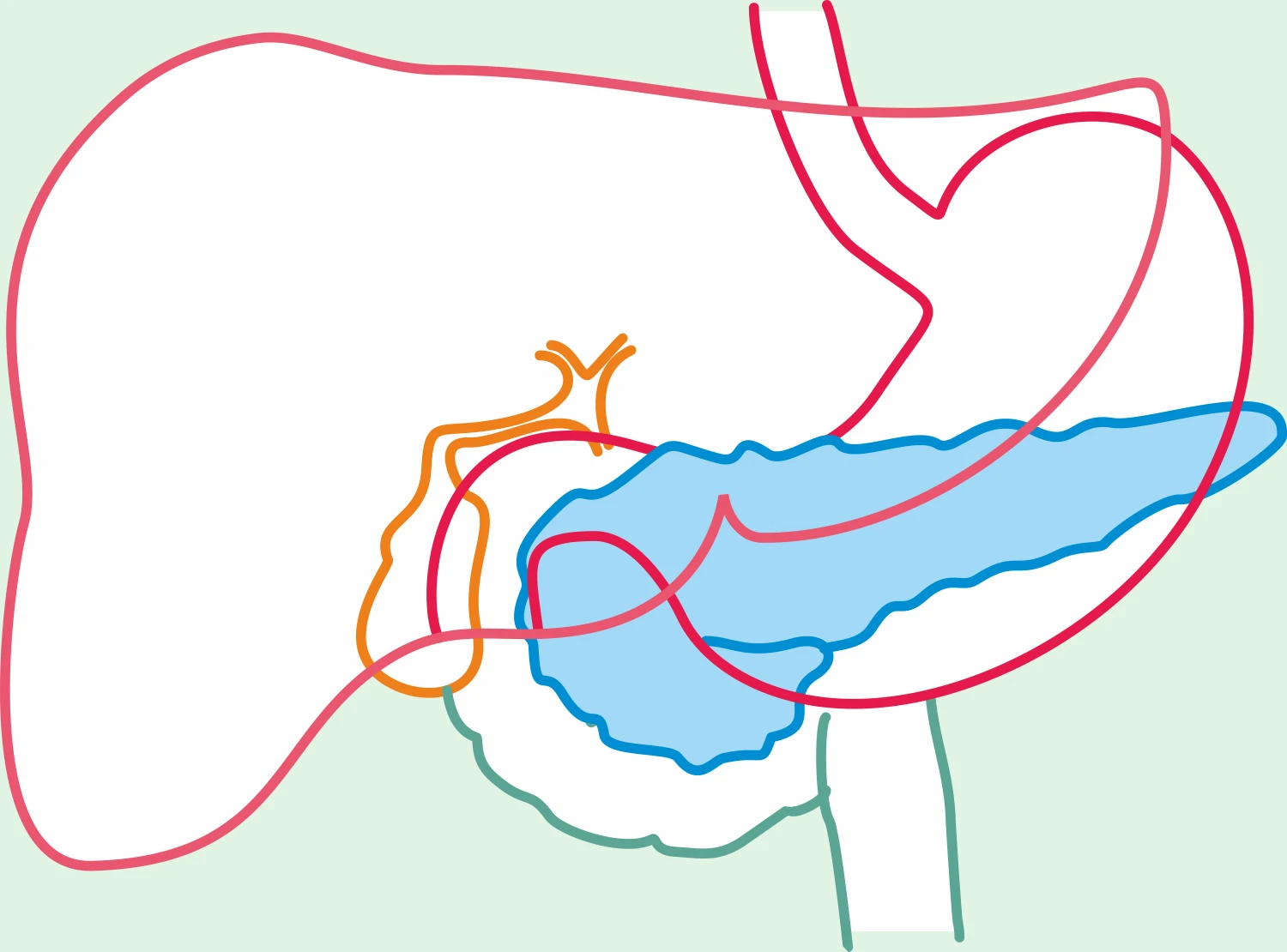To provide services at the highest level, we use cookies. Using the website requires you to choose settings related to their storage on your device. If you want to know what each type of cookie is used for, click the Details button below.
Glucagon – meaning, action, deficiency, excess 2 września 2020 |

Glucagon is a peptide hormone produced by the pancreas that plays a key role in regulating blood glucose levels. When blood glucose levels are low, glucagon stimulates processes that increase blood glucose levels, such as gluconeogenesis and glycogenolysis.
A deficiency of glucagon can lead to hypoglycemia, which is an abnormally low level of glucose in the blood. Symptoms of hypoglycemia may include dizziness, weakness, inability to concentrate, trembling, sweating, and in severe cases, loss of consciousness. Therefore, having too low levels of glucagon in the blood should be avoided.
Excess glucagon can lead to hyperglycemia, which is an abnormally high level of glucose in the blood. Symptoms of hyperglycemia may include thirst, frequent urination, fatigue, and in severe cases, nausea and vomiting. It is important to prevent having excessively high levels of glucagon in the blood.
Glucagon secretion is typically stimulated by low blood glucose levels, such as after a prolonged period without eating. Physical exercise can also increase glucagon secretion. In the case of difficulties with glucagon deficiency, it is important to consult a doctor.
Decreasing glucagon secretion is typically stimulated by high blood glucose levels, such as after a meal. In the case of issues related to excess glucagon levels, it is important to consult a doctor and initiate appropriate treatment.